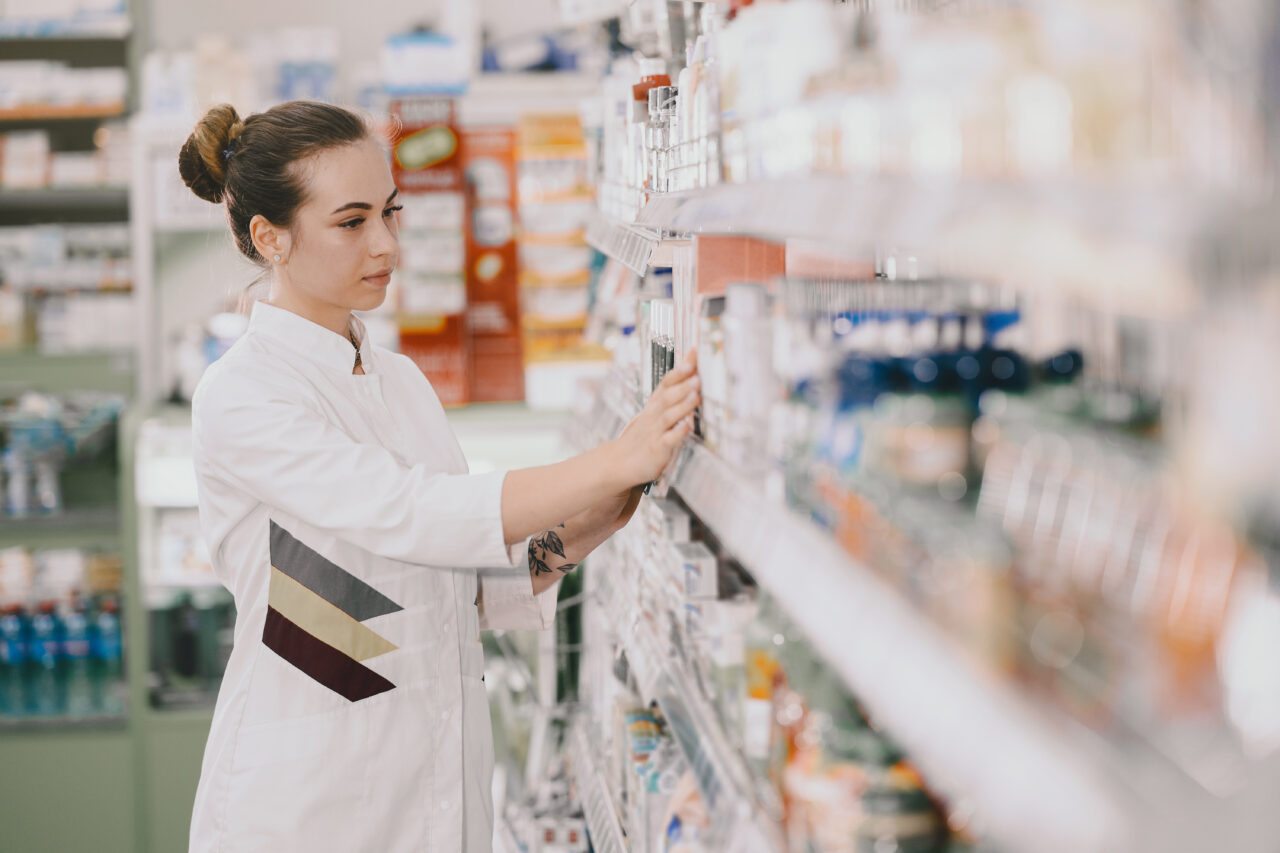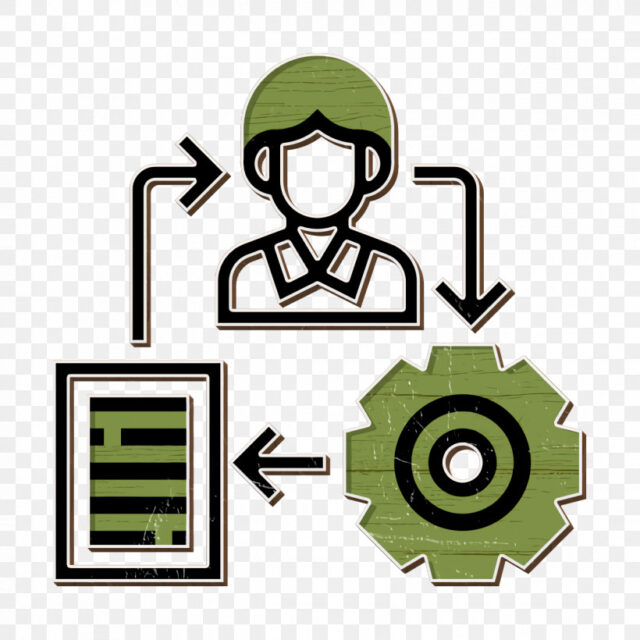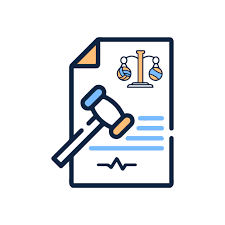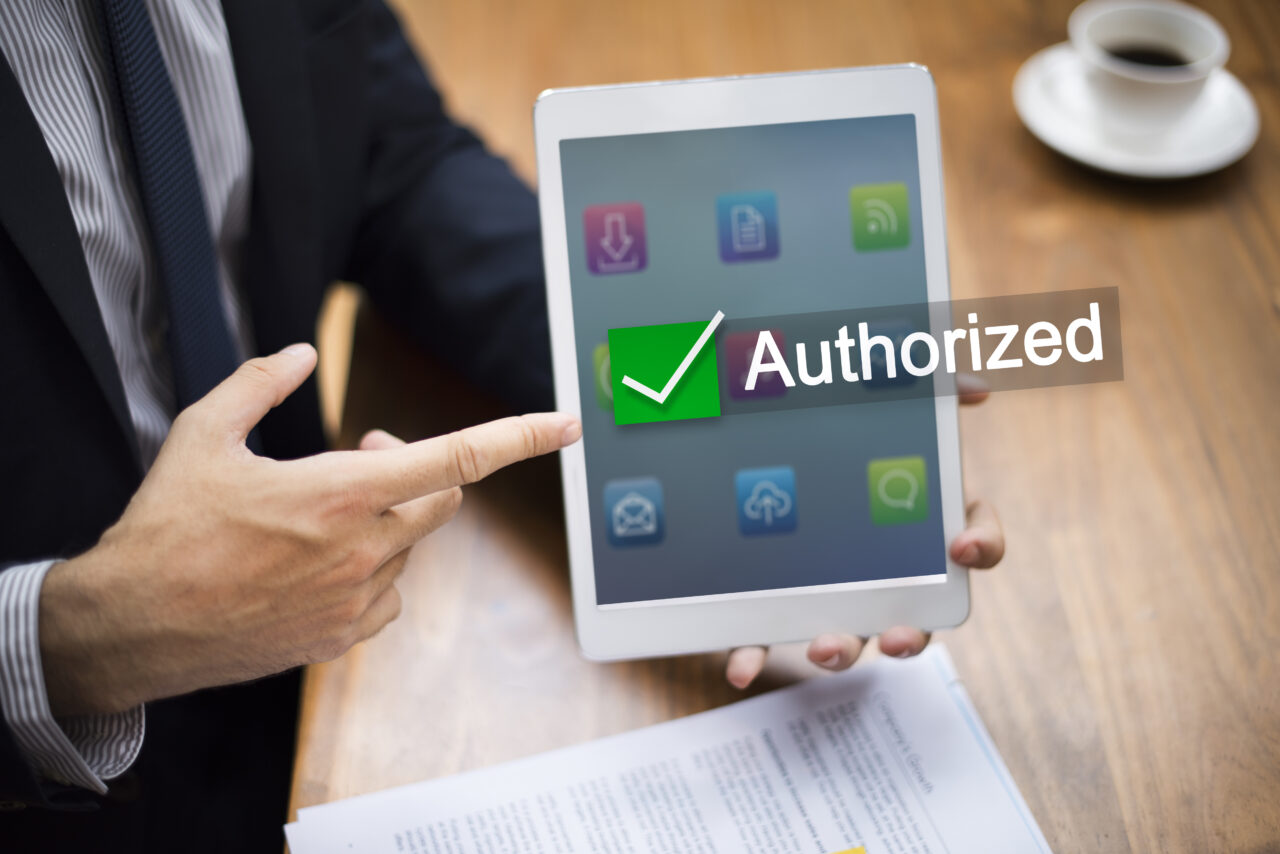Drug Wholesale License in Assam India
What is a Drug License?
A drug license, also known as a pharmaceutical license, is a legal authorization granted by the regulatory authorities to individuals or entities involved in the manufacturing, distribution, wholesale, retail, import, or export of pharmaceutical drugs and medicines. The drug license ensures compliance with regulations, quality standards, and safety measures in the pharmaceutical industry. It is a mandatory requirement to operate legally in the pharmaceutical sector.

Quality Assurance
Ensures compliance with safety measures and quality standards
Public Health Protection
Safeguards public health and prevents counterfeit drug circulation
Regulatory Compliance
Mandatory requirement for legal pharmaceutical operations
Purposes of a Drug License
The primary purpose of a drug license is to regulate and monitor the manufacturing, sale, distribution, and import/export of drugs to ensure their safety, quality, and efficacy. It aims to safeguard public health and prevent the circulation of counterfeit or substandard drugs.
Types of Drug Licenses
Manufacturing License
This license is required for companies or facilities involved in the manufacturing of pharmaceutical products, including tablets, capsules, injections, syrups, creams, etc. It ensures compliance with quality standards and regulations.
Wholesale License
A wholesale license is necessary for businesses engaged in the wholesale distribution of pharmaceutical products. Wholesale license holders purchase drugs from manufacturers and sell them to retailers, hospitals, clinics, and other authorized entities.
Retail License
Retail licenses are required for pharmacies or drugstores that sell pharmaceutical products directly to the public. It ensures compliance with regulations related to the storage, sale, and dispensing of medicines.
Import/Export License
Companies involved in the importation or exportation of pharmaceutical products typically need an import/export license. This license ensures compliance with customs regulations and quality standards for imported or exported drugs.
Narcotic Drugs License
This type of license is specifically for the manufacture, distribution, or sale of narcotics and psychotropic substances, which are controlled substances with a higher risk of abuse or addiction.
Clinical Trial License
Companies or institutions conducting clinical trials of pharmaceutical products need a clinical trial license. It allows them to perform research involving human subjects and ensures compliance with ethical and safety guidelines.
Wholesale license
A wholesale license, also known as a wholesale drug license or wholesale distribution authorization, is a permit that allows an entity to engage in the wholesale distribution of pharmaceutical products. This license is typically required for businesses involved in the distribution, supply, or wholesale of drugs, including prescription medications, over-the-counter (OTC) drugs, and other healthcare products.

Purpose
The primary purpose of a wholesale license is to ensure that the wholesale distributor meets certain regulatory standards and follows good distribution practices to maintain the integrity, safety, and quality of pharmaceutical products during the distribution process.

Issuing Authority
Wholesale licenses are typically issued by the regulatory or governing body responsible for overseeing pharmaceuticals and healthcare products in a particular country or region. In the United States, for example, wholesale licenses are granted by the respective state boards of pharmacy.

Eligibility
Eligibility criteria for obtaining a wholesale license may vary depending on the jurisdiction. Generally, entities applying for a wholesale license need to demonstrate compliance with specific requirements, such as suitable premises, storage facilities, competent personnel, documentation, and record-keeping practices.

Wholesale Activities
With a wholesale license, the holder can purchase pharmaceutical products directly from manufacturers or authorized suppliers and distribute them to various customers, including pharmacies, hospitals, clinics, and other authorized retailers.

Regulatory Compliance
Wholesale license holders are expected to adhere to various regulations and guidelines governing the wholesale distribution of pharmaceuticals. This includes maintaining proper storage conditions, temperature controls, expiration date monitoring, product tracking, handling of returns, and ensuring the authenticity and integrity of the drugs being distributed.

Inspections and Audits
Regulatory authorities may conduct periodic inspections or audits of wholesale distributors to ensure compliance with the relevant regulations. These inspections evaluate factors such as proper storage practices, record-keeping, and adherence to quality control standards.
Eligibility Criteria
Eligibility criteria for obtaining a drug license vary depending on the type of license. Common eligibility requirements include qualifications and experience in the pharmaceutical sector, infrastructure compliance, and adherence to storage and safety standards.

Application and Approval Process:
The process of obtaining a drug license involves preparing the application forms, submitting the required documents, paying the applicable fees, and complying with regulatory guidelines.
The regulatory authorities conduct inspections and verification of the premises, infrastructure, and compliance with Good Manufacturing Practices (GMP) or other relevant standards.
Regulatory Compliance:
Drug license holders are required to comply with regulations related to Good Manufacturing Practices, quality control, record keeping, labelling, packaging, and advertisements.
Regular inspections and audits by regulatory authorities ensure adherence to these compliance standards.


License Validity and Renewal:
Drug licenses are typically granted for a specific duration, and renewal is required to continue operations. Renewal procedures involve submitting updated documentation, fees, and demonstrating continued compliance with regulatory requirements.
Delivering impactful solutions for businesses of all sizes.
Trusted for innovation
and reliability.
A skilled team turning ideas into reality.
Consistently praised for excellence and quality.
FAQ
What is a wholesale drug license?
A wholesale drug license is a permit granted by regulatory authorities that allows a business to engage in the wholesale distribution of pharmaceutical products.
Who needs a wholesale drug license?
Any business or entity involved in the wholesale distribution of pharmaceutical products needs a wholesale drug license. This includes wholesalers, distributors, and stockists who buy medicines in bulk from manufacturers and supply them to retailers or other authorized purchasers.
How to obtain a wholesale drug license?
Generally, it involves submitting an application to the appropriate regulatory authority along with necessary documentation, such as proof of premises, qualifications of personnel, storage facilities, and compliance with Good Distribution Practices (GDP). The application may also require payment of fees and undergoing inspections before the license is granted.
Are there any specific regulations to follow with a wholesale drug license?
Yes, wholesale drug license holders are generally required to comply with regulations and guidelines set by regulatory authorities. These may include maintaining proper storage conditions, record-keeping, traceability, handling of expired or damaged products, reporting adverse events, and complying with quality standards. Regular inspections may be conducted to ensure compliance.
Can a wholesale drug license be transferred or renewed?
The transferability and renewal process of wholesale drug licenses can vary depending on local regulations. In some cases, licenses may be transferable with the approval of regulatory authorities, while others may require a new application. Renewal processes typically involve submitting renewal applications and complying with any specific requirements or fees within the designated timeframe.


